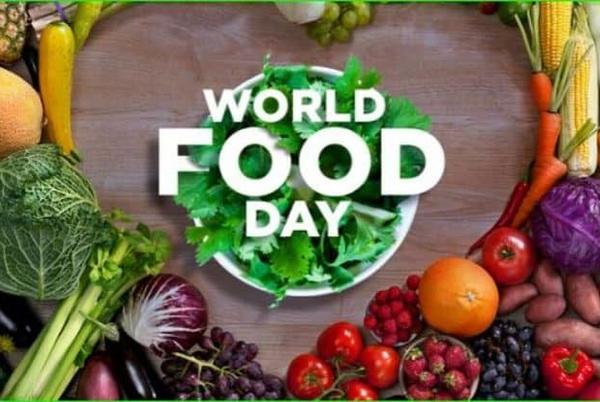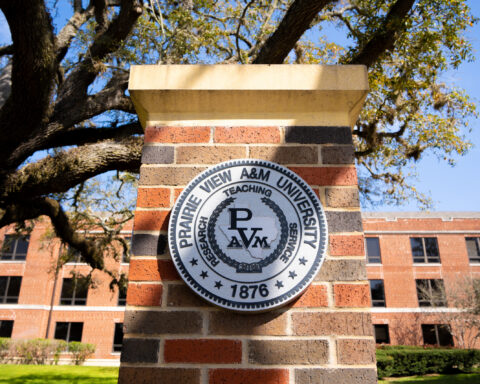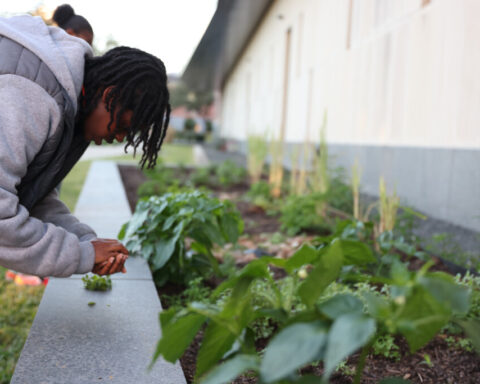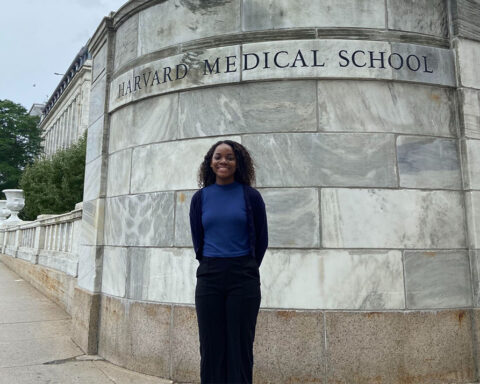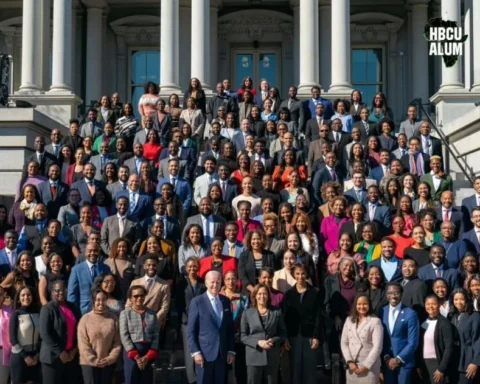By Prairie View A&M University Newsroom,
Prairie View A&M University celebrated this year’s World Food Day by hosting a hybrid interactive program with esteemed guests and PVAMU students highlighting the global nutrition crisis.
Hosted by the College of Agriculture and Human Sciences (CAHS), the event featured representatives from the United States Department of Agriculture, United Nations Food and Agriculture Organization (FAO), the City of Prairie View and Texas A&M University. Presenters discussed what systemic and individual steps are needed to combat global food insecurity.
World Food Day is an international holiday to commemorate the establishment of the FAO, the United Nation’s oldest technical organization. Each Oct. 16, outreach activities across the globe raise awareness for food-insecure countries, states, cities, and towns and encourage others to do their part to curb the increasing levels of nutrition disparity.
This year’s observance explored the theme, “Our Actions are Our Future.”
“You can’t only focus on the problems. We have to focus on the solutions,” said Jocelyn Brown Hall, director of FAO North America. “I know the problems seem big, but the solutions are there. We just have to have the willpower collectively to address that.”
According to CAHS Associate Professor Wash Jones, Ph.D., the event’s moderator, addressing the issue will require involvement from everyone, even students.
“One priority of my Global Food Security class is that the students need to ask themselves and determine what can I do now, and what can I learn to do in the future that will impact global food security,” he said.
The program highlighted how food insecurity and nutrition disparity is a crisis entangled with our current health catastrophe and other social maladies. The COVID-19 pandemic has exacerbated the need for more access to food and healthier food options and how difficult it has been to access resources for poorer countries.
“It has been projected that over 640 million individuals around the world are going to fall into poverty as a direct result of this pandemic that we’re attempting to address now,” Interim Director of the Borlaug Institute at Texas A&M University Eric Bost said. “They will be challenged with living on less than $1.90 a day.”
Texas also has its fair share of food insecurity. According to Bost, Brownsville, Texas, is one of the most food-insecure cities in the United States. The pandemic has resulted in hundreds of thousands of Texans struggling to put food on the table, resulting in an increase in Supplemental Nutrition Assistance Program recipients since the beginning of the pandemic.
On a local level, Prairie View Mayor Brian Rowland, Ph.D., said the fight against food insecurity is ongoing. He shared there are continuing efforts to bring various food options to the city.
“Families in Prairie View need liberation from conditions created from lack of access to appropriate food systems,” Rowland said. “By increasing entrepreneurial food activities, creating sustainable food cooperatives, and organizing and developing community gardens that impact and caused by food insecurity can reverse this action.”
PVAMU students attending the program echoed Rowland’s desire for the city, giving their perspective on changes needed for local students to access proper food sources. CAHS junior Taylor Stewart highlighted the lack of supermarkets and healthy produce options in Prairie View.

